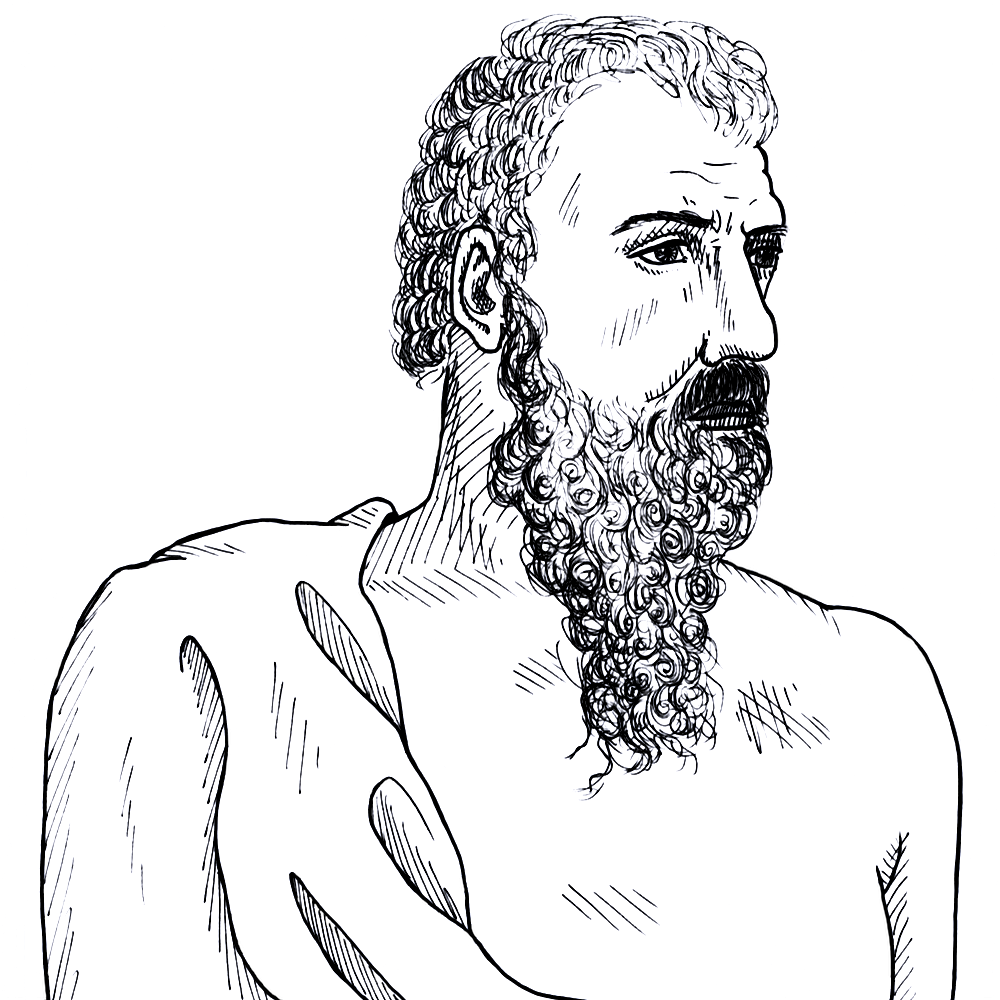
Lysistrata’s clever plan to end the war between Athens and Sparta (411 BC)
Found in: The Comedies of Aristophanes, vol. 2
Aristophanes‘ Lysistrata persuades a group of her women friends to seize control of the Acropolis where the money used to fund the war between Athens and Sparta is stored and demand that their husbands sue for peace. When their husbands refuse to do so the women go on strike with comic and eventually peaceful results. In these passages Lysistrata explains to a member of the City’s Ruling Committee why the women felt obliged to intervene to stop the war:
War & Peace
Com. (Member of the city’s ruling committee): Well now, by Jove, I wish to learn this first from them; with what intent you shut up our citadel with your bolts.
Lys. (Lysitrata; That we might make the money safe, and that you might not fight on account of it.
Com.: Why, are we fighting on account of the money?
Lys.: Aye, and all the other matters, too, have been thrown into confusion. For in order that Pisander might be able to steal, and those who aim at offices, they were always stirring up some commotion. Therefore let them do whatever they please, for that matter! for they shall no longer take out this money.
Com.: What will you do then?
Lys.: Ask me this? We will manage it.
Com.; Will you manage the money?
Lys.: Why do you think this strange? Do we not wholly manage your domestic property also for you?